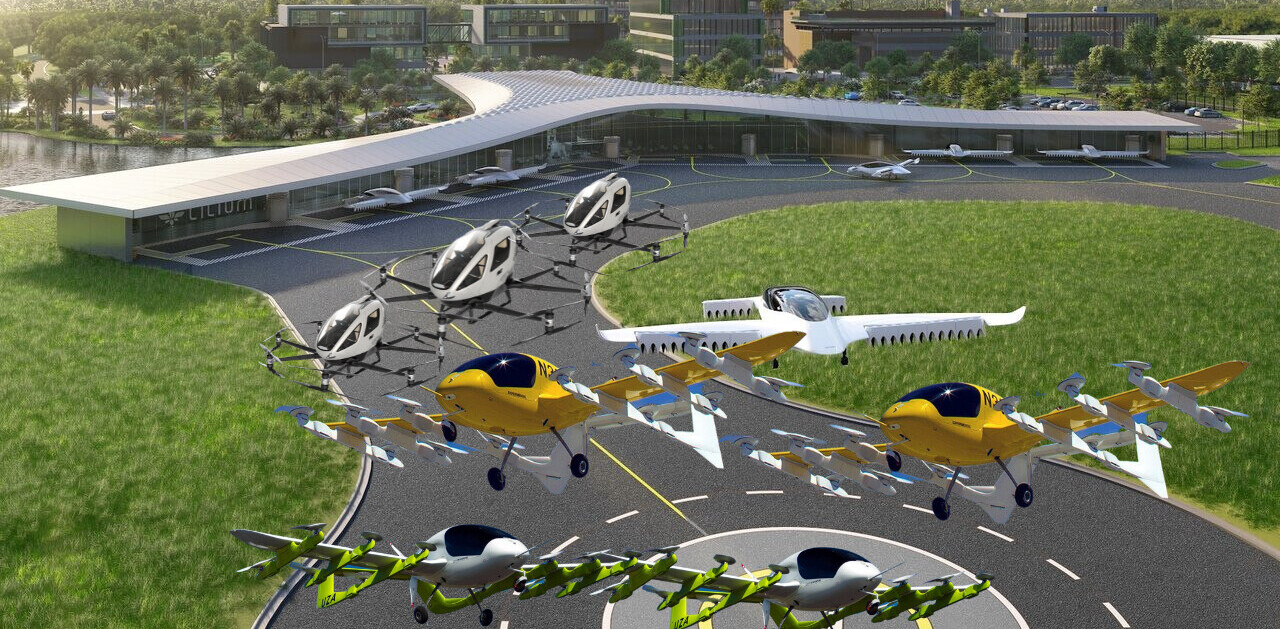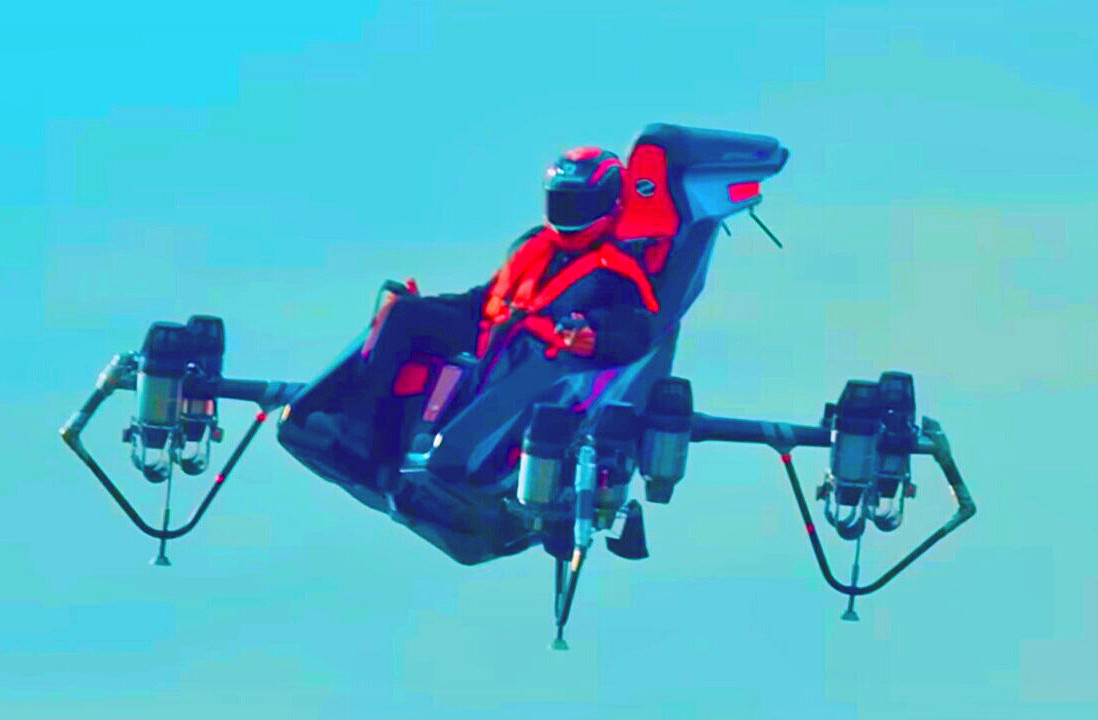
Some decades ago we were expecting that by now we’d be comfortably riding in our own self-driving car. Clearly, that didn’t happen, but, folks, don’t despair. We have the world’s first all-electric flying race car.
Do we really need a flying race car? Well, I think not, but in any case meet the Airspeeder MK3 that made today its first flight over the deserts of South Australia.
The Alauda Airspeeder Mk3, defined by the company as a full-sized remotely-operated electric vertical take-off and landing vehicle (eVTOL), weighs 100kg and can fly at speeds over 120 kilometers per hour.
Matthew Pearson, the founder of Alauda Aeronautics that built the vehicle, explained that it will be flown in a Formula One–style series of races, with up to 10 aircraft flying at the same time. Three races will take place later in 2021, in locations yet to be announced.

The aircraft has space in its cockpit for a pilot, but for now it’s controlled by “telebotic avatars,” called the “Aviators,” linked to pilots on the ground. Once the uncrewed races prove to be safe, the company hopes to replace the avatars with physical elite pilots drawn from aviation, motorsport, and eSports backgrounds.
The Airspeeder M3 features a 96kW electric powertrain, with a battery life of about 15 minutes of flying. Each race will last 45 minutes, requiring two “rapid” pit stops for battery swaps, which takes about 20 seconds each.

However, it’s not all about racing, Pearson noted. He believes that his “racing series is hastening the arrival of technology that will transform clean-air passenger transport, logistics, and even advanced air mobility for medical applications.”
That’s optimistic and will hopefully work out, since otherwise there is no real-life application of a flying race car.
Don’t get me wrong, this is marvelous tech. But it seems to me that there’s a big hype going on for a vehicle that mostly resembles a reinvented helicopter or F15 jet, or simply a massive drone – it doesn’t even have a driver yet. Calling it a flying car mostly appeals to our Blade Runner-type fantasies of a futuristic airborne mobility, but that’s about it.
Do EVs excite your electrons? Do ebikes get your wheels spinning? Do self-driving cars get you all charged up?
Then you need the weekly SHIFT newsletter in your life. Click here to sign up
Get the TNW newsletter
Get the most important tech news in your inbox each week.




